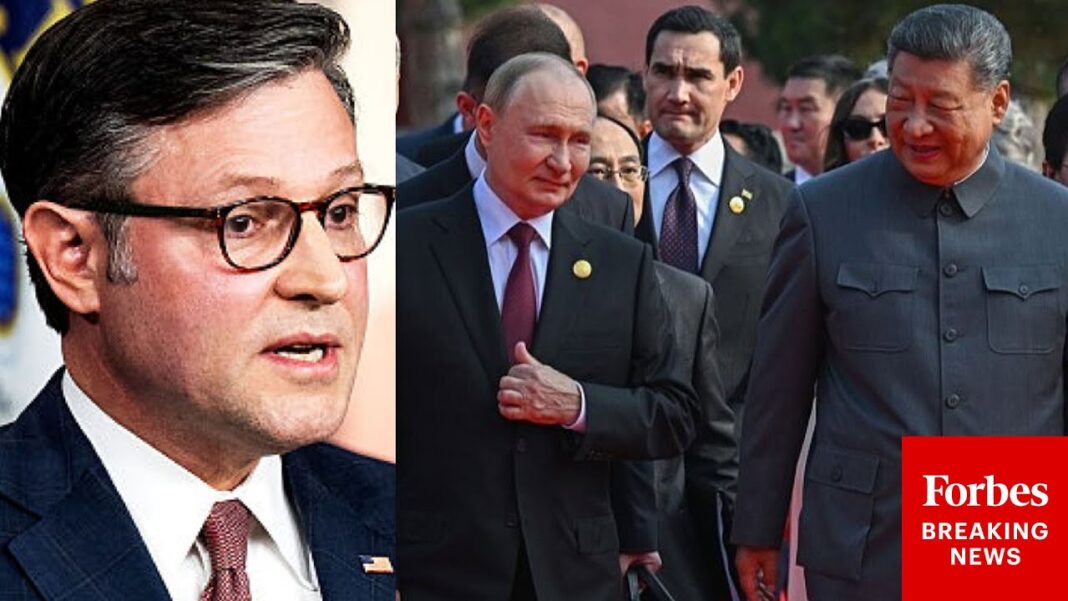The conversation ‘raises the spectre of forced organ harvesting from prisoners of conscience,’ a human rights group said.
China’s state-owned broadcaster has rescinded international wire agency access to a hot mic video of Chinese and Russian leaders discussing longevity and organ transplants, an effort that shows the Chinese regime’s fear of attention on the topic, critics say.
The open mic exchange between Russian President Vladimir Putin and Chinese leader Xi Jinping took place in Beijing on Sept. 3, as the two leaders walked together ahead of a military parade commemorating World War II.
Xi at the parade told Putin that “these days at 70 you are still a child,” prompting Putin to remark that continued organ transplants could allow one to live younger and even reach immortality. Xi in response said that it is predicted that there’s a chance of humans living to 150 years old.
The conversation became global news and sparked discussions about the Chinese regime’s state-sanctioned forced organ harvesting, a taboo topic in China. CCTV has since taken down the livestream video that captured the exchange. The audio of that conversation on Chinese media is now covered with music.
CCTV also sent a letter through its lawyer to Reuters—which licensed the video through CCTV and edited it into a four-minute clip—requesting the news agency to remove the footage on the grounds that the clips Reuters published exceeded the agreed-upon scope.
CCTV lawyer He Danning claimed Reuters’ “editorial treatment applied to this material has resulted in a clear misrepresentation of the facts and statements contained within the licensed feed.”
Reuters withdrew the video and issued a “kill” notice to its clients on Sept. 5. The agency said it had earlier distributed the clip to more than 1,000 media clients around the world, including major international news broadcasters and TV stations.
In a statement, Reuters said it was removing the content because it no longer has the legal permission to publish this copyrighted material.
“We stand by the accuracy of what we published. We have carefully reviewed the published footage, and we have found no reason to believe Reuters longstanding commitment to accurate, unbiased journalism has been compromised,” Reuters stated.
By Eva Fu and Frank Fang








